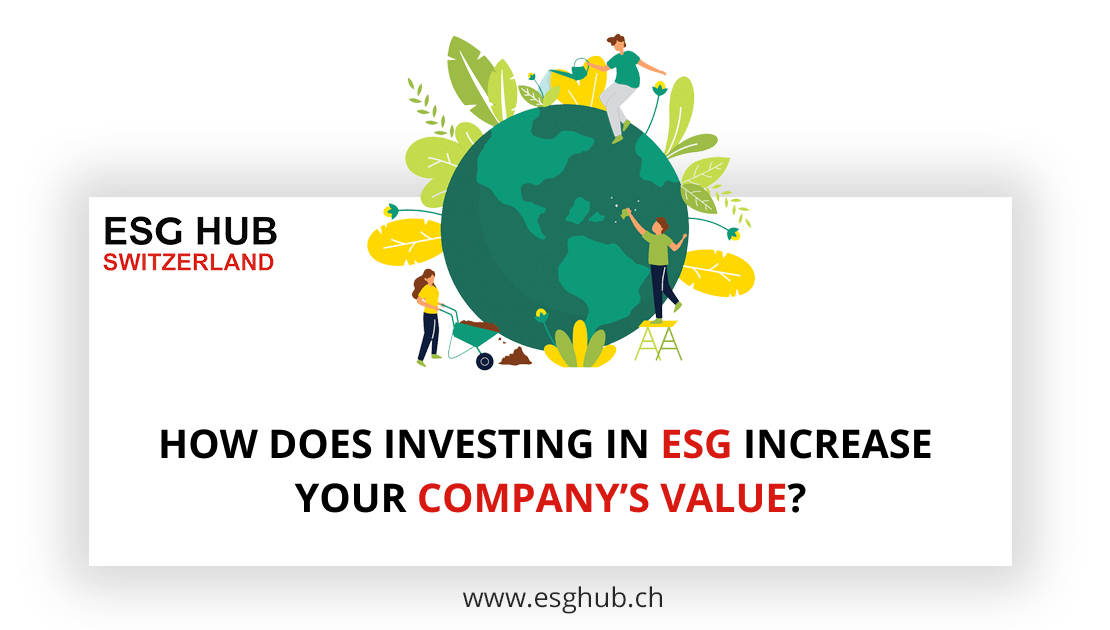Environmental, social, and governance factors, or ESG, is a framework that is increasingly important for the financial world.
Having an ESG strategy is no longer optional. Consumers consider ESG concerns in the products and services they purchase, investors consider ESG in their portfolios, and employees want to work for a company that embraces social and environmental values. According to Bloomberg Intelligence, global ESG assets may surpass US $50 trillion by 2025.
Over the last few years, companies with higher ESG scores have been growing rapidly as they attract new investments. In future, a company’s medium- and long-term success will be inextricably linked to its ESG strategy. If your company does not have a solid ESG strategy yet, here are some important reasons why investing in ESG can have a significant impact on your company’s value.
1. Improving reputation and brand value
Companies that incorporate an ESG strategy into their operations can gain a competitive advantage in terms of reputation and brand value. According to a recent Weber Shandwick survey, 75% percent of executives believe that businesses should address ESG issues to improve their reputation. The top-performing sustainable companies will shape the future and integrate ESG across their business units (procurement, facility management, logistics, finance, marketing, etc.).
2. Attracting and retaining top talent
Over the last decade, employees, particularly millennials and Gen Z, have embraced ESG concerns. The new generation of top talent is fully committed to making a positive social and environmental impact, and they deeply care about developmental challenges such as climate change, inequality, and social exclusion. They want to work for companies that embrace their progressive values and priorities. According to a recent New York Times report, a large percentage of business students would accept a lower salary to work for an environmentally friendly company. Therefore, instilling a sense of higher purpose in your company’s vision and values and, more importantly, practicing those values through the way you run your business will help attract and retain top talent.
3. Improving financial health
There is a significant positive relationship between a company’s ESG performance and its long-term financial health. According to the article “ESG Matters” from Harvard Law School, ESG is not only positively correlated with profitability but is also negatively correlated with volatility. Moreover, the study shows that investing in ESG can improve a company’s financial performance. We expect the relationship between ESG and financial performance to become even stronger in the future.
4. Improving transparency and openness
ESG transparency forces companies to set goals, measure their trends through credible metrics, and disclose their ESG performance. A company’s sustainability reports not only demonstrate its commitment to ESG but also inform investors about the company’s performance. This helps investors understand how risks are managed and mitigated and how they can generate long-term sustainable financial returns.
Conclusion
Having a credible ESG strategy can help a company improve its access to green capital markets. Companies with strong ESG strategies and performance receive preferential treatment from investors. Robust sustainability and ESG strategies can improve your company’s overall performance and value.
Get in touch with us if you need help developing a credible ESG strategy and integrating it into your business operations.
